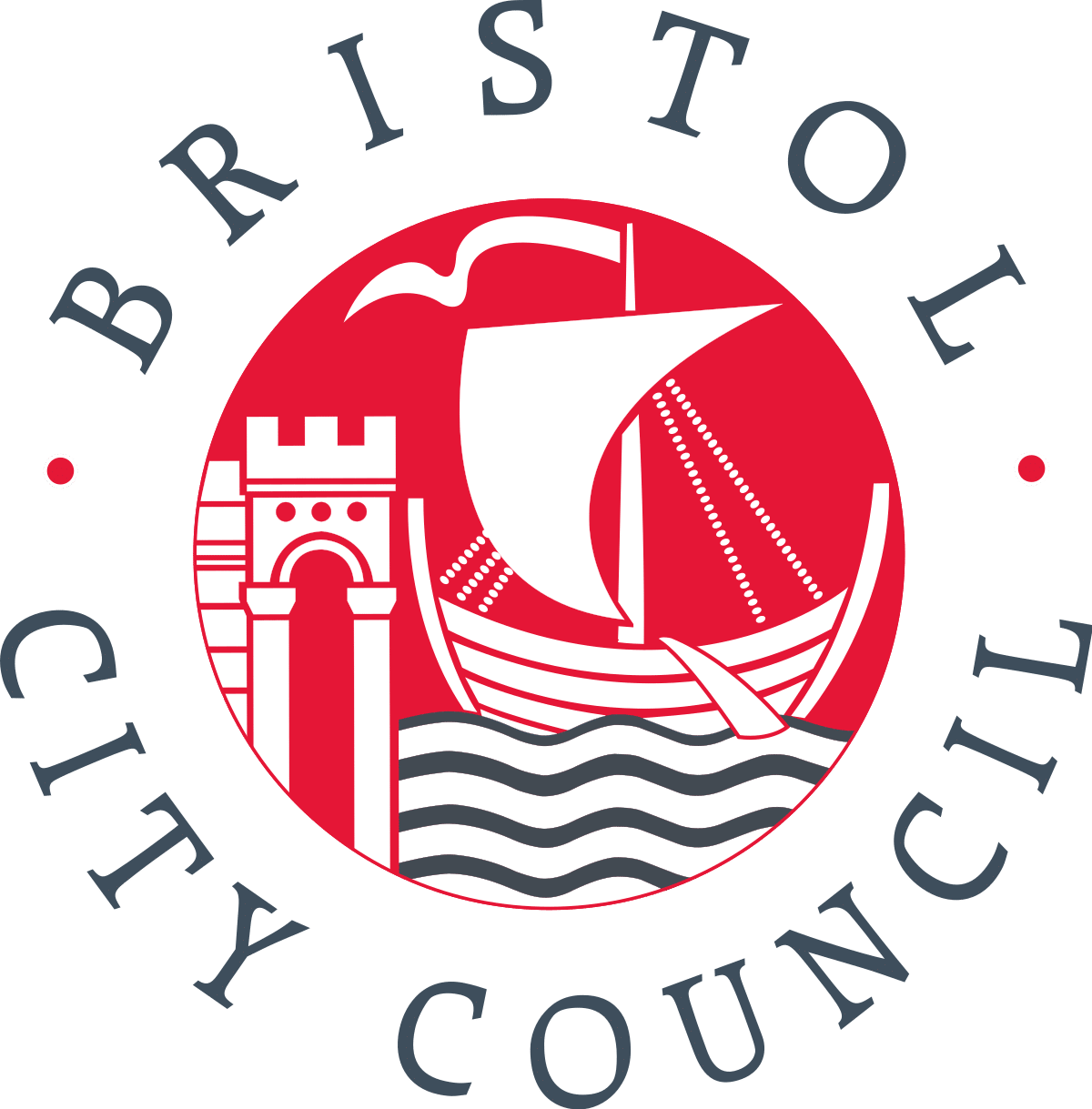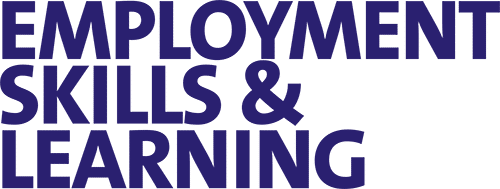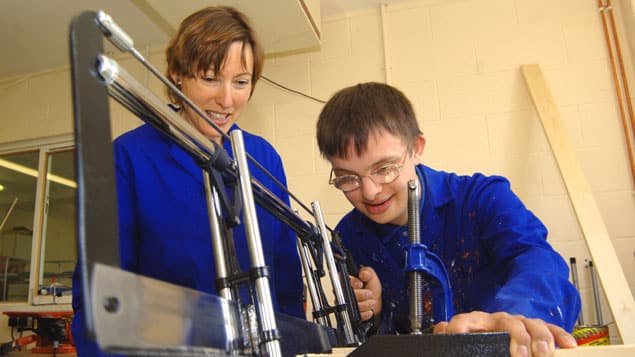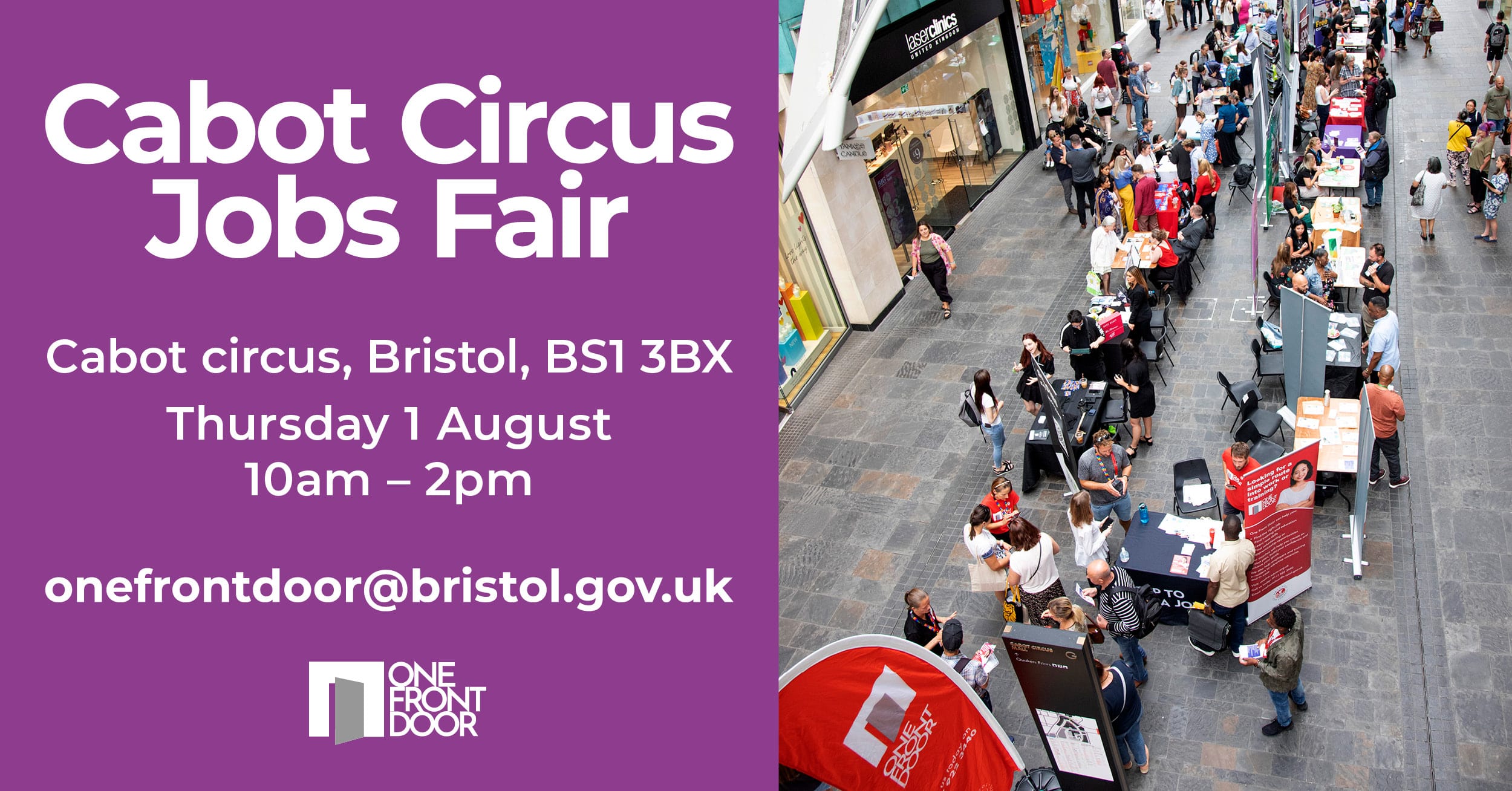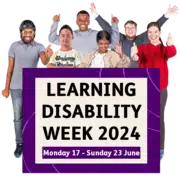Expanding the WE Work Toolkit Part 2: Supported Employment & Vocational Profiling
May 22, 2024
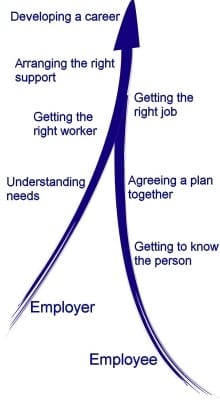
In this latest blog, one of WE Work’s newest team members Jo discusses some recent training she attended on ‘Vocational Profiling’…
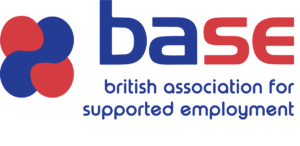
“I recently competed training on Vocational Profiling through British Association for Supported Employment. Some of their defining values that particularly struck me were that people with disabilities/disadvantage should have access to a real job where wages are paid at the going rate, they should enjoy the same terms and conditions as all over employees and their job role must be valued by the team. When a job is valued, it means that the role is necessary to the overall success of production within that team and company.
The National Occupational Standards for Supported Employment believes in a “zero rejection” philosophy of supported employment so that, with the right job and the right support, everyone who wants to work, can work. I believe these are values and rights that I so often take for granted.

“It made me think back to when I was a support worker and how most of the ‘work’ undertaken by the participants I supported was volunteering part-time in charity shops.
They would often be ‘stuck’ in these roles for years, there was no plan around career progression or up-skilling, which in time, made these participants feel that is all they can do.”
Vocational profiling encourages practitioners to work closely with participants to find out more about their hobbies, interests, likes and dislikes until there is a clearer idea of what jobs and working environments will or won’t suit them. It’s also about finely tuning into what the individual is saying and piecing together what makes them excited about life – using their strengths to propel them.
A particular moment in this training that made me step back and think was when the trainer said, “Job searching should happen at the earliest opportunity and ‘preparing for work’ is not always a useful or helpful strategy.” Aside from interview preparation and CV building, doing the actual job will give the participant all the preparation they need to learn what that job requires of them. Spending too long with a mindset of preparing for work may do more damage than good. Bearing in mind that everyone will be at different stages, but I like the idea that right from the first time you meet someone, you are championing for this person to think about work in a different way and that through time it becomes clearer and more achievable. The assumption is from your first meeting that employment will be possible.
Vocational profiling never ends. You are constantly collecting information about your participant every time you meet them and their circle of support, also through reading reports, EHCP’s and observation. It should therefore be thought of as “a live document”. Through this partnership, you can reach out to employers and find roles that will match the individual which then leads to career development.”
I really like this breakdown of a shared vision of what’s possible as an “ideal job”. This can be a practical way for the participant to visually assess what they can do and what kind of job would fit their criteria. Thus, creating a realistic plan to build from.
- Travel distance / complexity
- Hours
- Preferred job type
- Team or lone working
- Skills
- Interests
Supported employment, removes barriers around employment that some people with different needs may have. Supported employment draws on Social Role Valorisation (SRV) in recognising that employment is a valued social role and becoming employed can help reverse societal devaluation, with wider positive consequences for the person.
Ultimately, if participants and society as whole, recognise that work can be good and that the benefits are immeasurable and diverse, then working can be seen as a hugely positive force in a person’s life.”
More information about Vocational Profiling and BASE can be found here
Jo is a WE Work Employment Navigator covering the Bristol area. 

